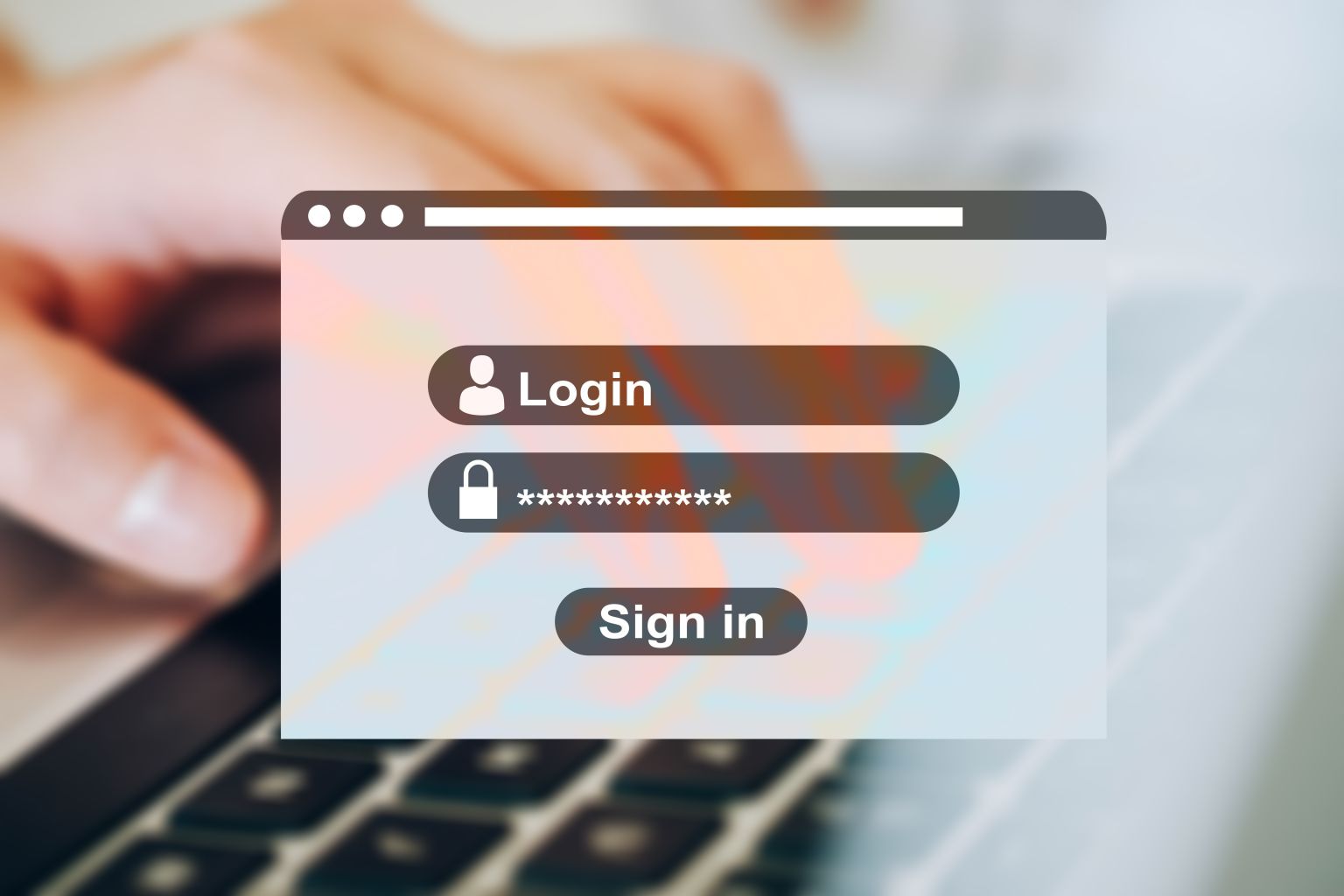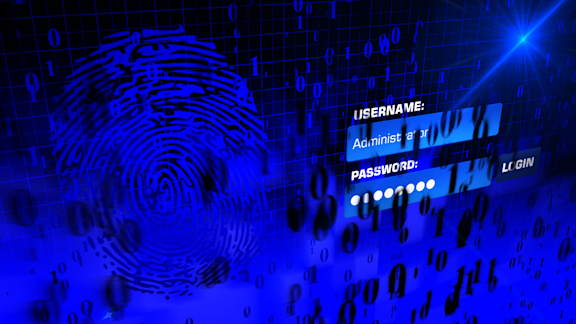How to Manage Business Passwords

Increasingly, businesses are storing their most sensitive and confidential data in their digital systems. All businesses have responsibility to protect themselves and their stakeholders (clients, employees, vendors, etc.) against cyber security attacks.
Important Fact: the majority of data breaches today are caused by stolen credentials. So all businesses should focus on protecting passwords as a number one priority in order to protect their credentials and those of their stakeholders.
Another fact: protecting credentials is simple. All startups and small businesses can very easily secure themselves
Password Management
Passwords protect personal information and the data stored in online accounts. To prevent unauthorised access to your business’s sensitive data, you need to use strong (complex) passwords.
Password management is the process of managing all user credentials for an entire business from a single, central point on the network. When a business starts growing, the amount of credentials requiring protection increases. Robust password management implementation is required to keep a business and its confidential information secure.
Why Is Password Management Important?
If you have no defence against cyber attacks, your accounts could be hijacked. Allowing hackers to capture your sensitive data significantly harms your business. Your business’s sensitive data could be leaked, deleted or important data could be amended to ruin the business’ data integrity. Financial transactions could be carried out on your behalf.
These hackers do not only harm your business but also your stakeholders. They might trick your clients, employees and business partners by pretending to be you, convincing them to transfer money or share sensitive information. As a result, there might be legal and financial consequences in addition to irreversible damage to your business’s reputation.
Don’t leave yourself at risk, create your first line of defence simply by utilising effective password management!
First Step: Creating a Strong Password
A strong password is a password which is hard to guess by people or systems. Strong passwords are complex and long enough to be safe from being cracked easily.
A strong password must:
Include numbers, uppercase and lowercase letters, and special characters
Be a minimum of 12 characters long, ideally
Be hard to guess (avoid passwords like ’123456’ or ‘password’).
Did you know?
An all-numerical, 12-character password can be cracked in a few seconds. However, cracking a strong, 12-character password will take around 8 million years.
Interesting, right? You can easily add symbols and a few different letters to make it significantly harder to crack your confidential passwords.
One type of complex password could be easy to remember but hard to guess. You may pick a memorable phrase and play with it to create a complex password that would take millions of years to crack. Let’s say you choose the phrase: “I use strong passwords” and then altered it by adding symbols. The password becomes: “IU$€$+r0ngP@$$w0rd$”. The phrase is still memorable but the characters are extremely difficult to guess.
Tips for Password Security
For Everyone;
Do not use personal or business information in your passwords
Do not use the same passwords for all your accounts
Activate two-factor authentication (2FA)
Change your passwords regularly
Consider using a password manager*
*Password Managers are systems that allow users to generate and store strong passwords in a simple manner and retrieve them promptly when needed.
More tips for business owners;
Create awareness of cyber security in your team
Enforce using complex passwords and 2FA in your systems
Limit log-in attempts in your IT systems.
Avoid using and sharing password spreadsheets
Want to Protect Your Business?
We will be sharing blog posts and social media posts for security tips for small businesses and startups. Follow our social media accounts to get insights and tips.
All small businesses and startups have concerns about cyber security. Get help to protect your business. You can book an introduction call with us and take the first step towards tighter security.
Related Posts

Password Manager – Choose the Best Solution for Your Business
